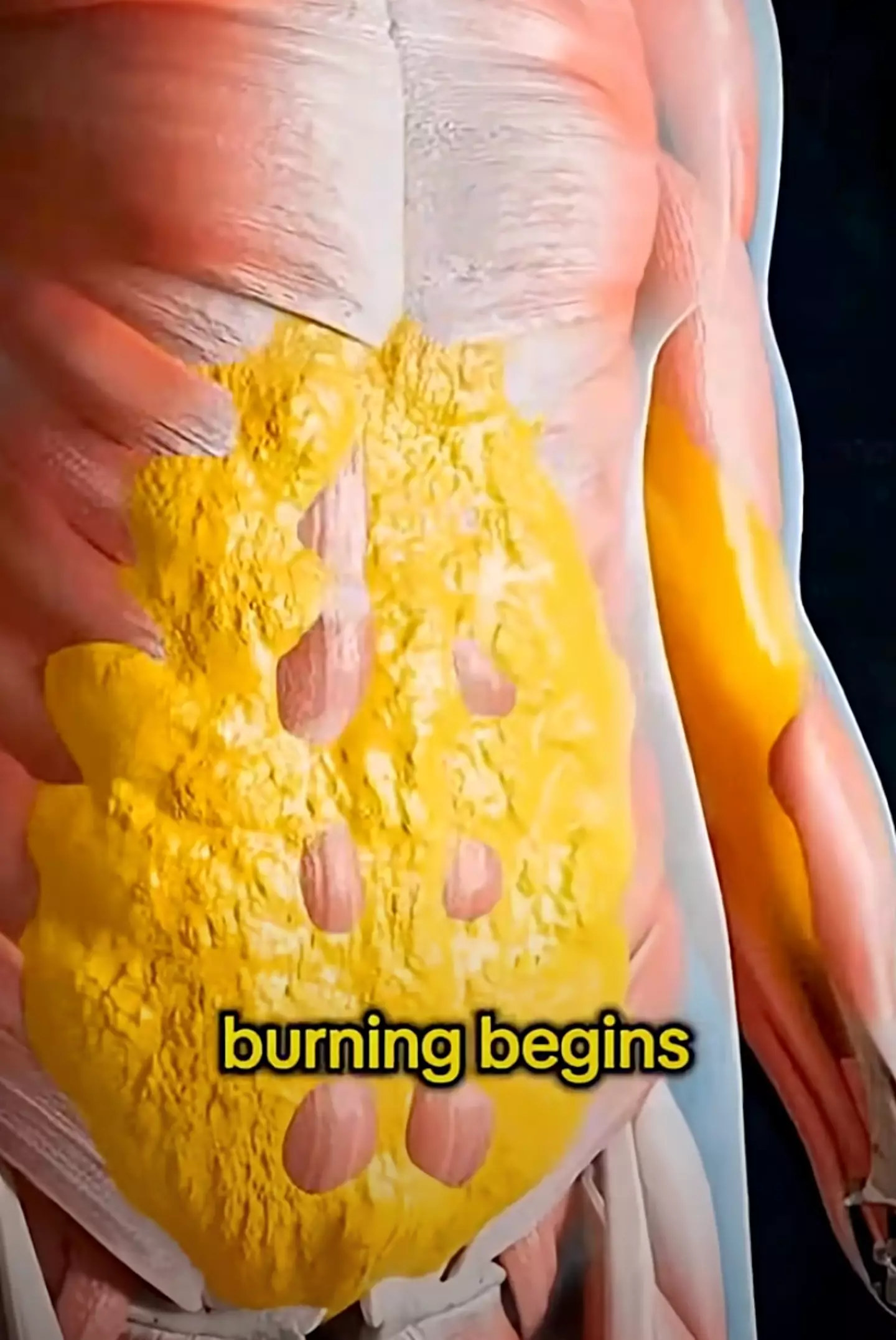
A shocking simulation has revealed how your body would react if you fasted for 36 hours.
Avoiding all three meals a day is a scary prospect to 99 per cent of people, but as you probably know, food wasn't always readily available to humans.
Historically, societies would have to go periods of time with no food due to weather conditions, relying on harvests, or simply not being able to afford it.
Don't take it from me; take it from Dr Valter Longo, a longevity researcher at the University of Southern California.
Advert
Speaking to News in Health, he admitted that due to external factors, 'they were forced to fast', but in modern society, food is available just about everywhere.
Dr Vicki Catenacci, a nutrition researcher at the University of Colorado, added: “This has shifted our eating patterns,
“People now eat, on average, throughout a 14-hour period each day.”

Effects of fasting for 36 hours
So, with people so used to eating on demand, how much of an effect would fasting for more than a day have?
Advert
According to a simulation by YouTube channel Wellness Wise, which isn't an official health institution, a number of things take place in this short period of time.
After four hours, insulin levels drop and the body starts to burn stored sugar, but after eight hours of fasting, blood sugar levels decline, meaning that glycogen starts being used for energy.
Glycogen is the primary storage form of glucose in humans, acting as the body's available short-term energy source, primarily in the liver and muscles.
After 12 hours, fat will start being burned, leading to the process of ketosis, a metabolic state where the body burns fat for fuel instead of carbohydrates for energy.
Within 16 hours, autophagy, which is the consumption of the body's own tissue, starts and breaks down damaged cells and toxins.
Advert
After a whole 24 hours, major cellular repair takes place, while inflammation drops and insulin sensitivity increases.
When you hit that 30-hour mark, the growth hormone spikes, allowing you to preserve muscle and promote fat loss, with maximum autophagy reached at 36 hours.
This is when dead cells are cleared, tissues are regenerated and metabolism skyrockets, allowing for the full body reset to be complete.

Experts on fasting
Associate professor of nutrition at the University of Surrey, Adam Collins, told The Guardian that results from his own study on fasting revealed that stricter fasts result in a quicker process of burning fats against carbs, though he noted that most of the research he'd carried out was on animals, despite humans making up some of the subjects.
Advert
He admitted: “Whether you can get those effects with just a 36-hour fast once a week, [I’m] not sure.”
Professor James Bett, who specialises in metabolic physiology at the University of Bath, added: “There [are] a lot of proposed benefits to [running on fats]. But a lot of the research hasn’t really [been borne out in] human beings. So we don’t see dramatic health benefits, certainly in the short term.
“And you can tend to be a little physically inactive during the fast as well because you just don’t have the energy levels for that.”
Johns Hopkins Medicine even says that fasting for more than 24 hours may not be the best way to go about things, as 'going too long without eating might actually encourage your body to start storing more fat in response to starvation'.
Maybe regular exercise is a more viable option, then.